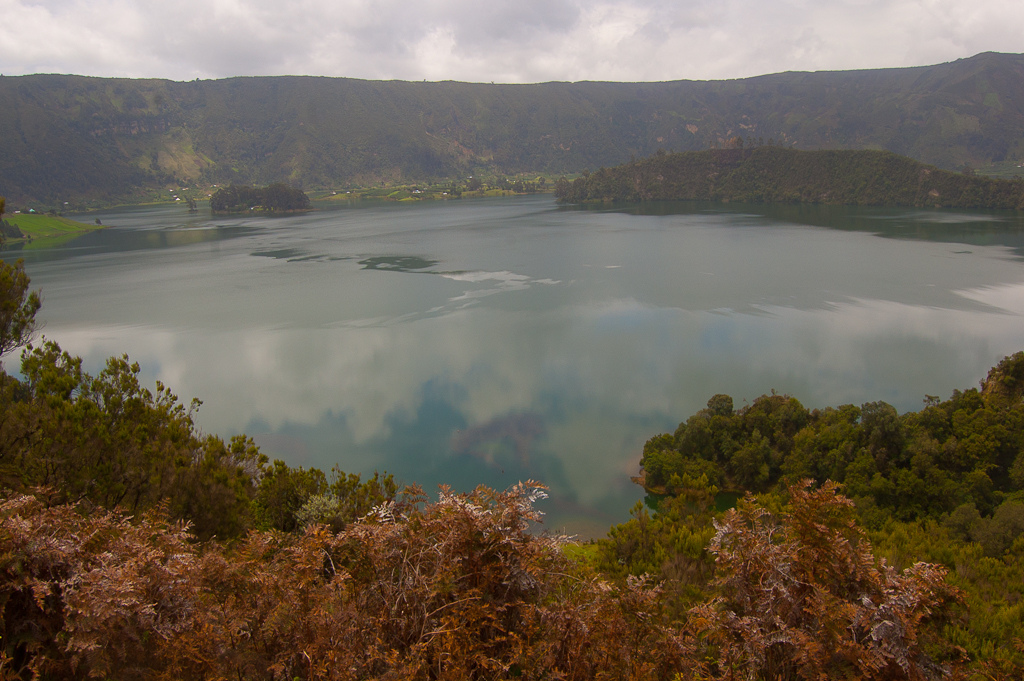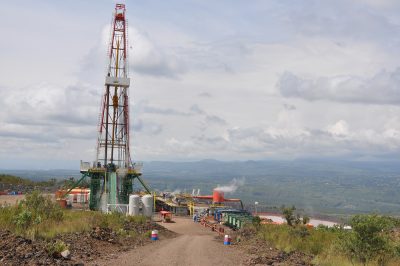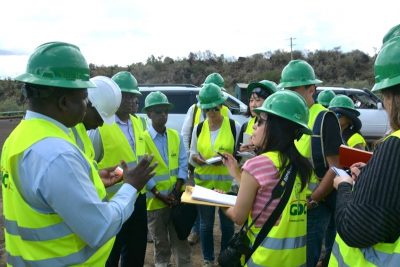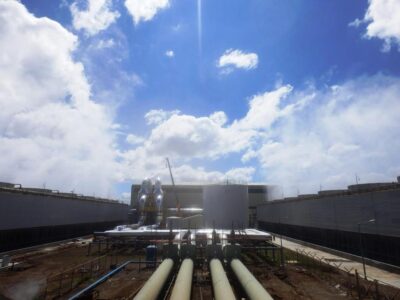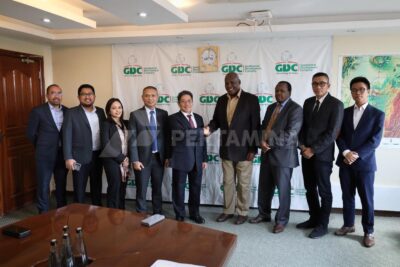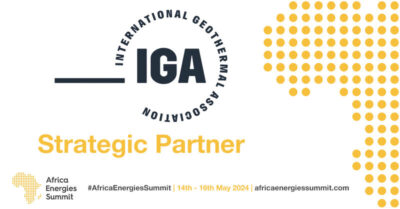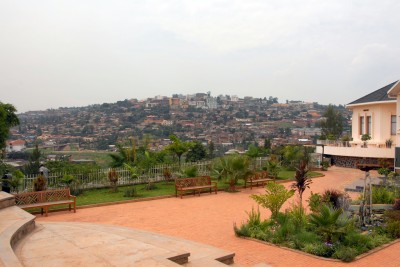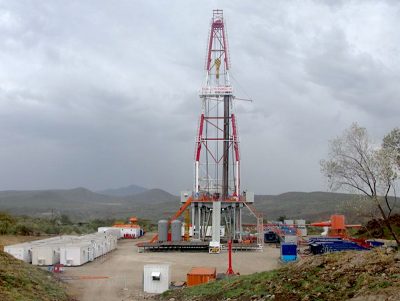Ethiopia opens power market to private players
Ethiopia liberalised the energy sector after ratifying a new Energy Proclamation that allows private investors to generate, transmit, distribute, sell, import or export electricity.
According to the news publication,
The new proclamation that allows private power companies to operate in the country, competing with the state power utility the Ethiopian Electric Power Corporation (EEPCo) is expected to attract more investment in the energy sector where the government has planned to generate 10,000 MW of power from various sources by the end of the GTP.
Currently, EEPCo is the only government body that is responsible for power generation, transmission, distribution, and sale of electricity.
The Ethiopian Energy Authority (EEA), which will replace the current Ethiopian Electric Agency, will control these investments in the country and will also set prices for the private and state power distributors.
According to the proclamation that was ratified by the House of People’s Representatives on Tuesday November 19, the EEA will be headed by a board of directors and the board will review tariff proposals for the national grid and submit them to the Council of Minister’s for approval. Moreover, the board will approve off-national-grid tariffs directly without any approval from higher bodies.
This new move is considered a bold strategy that will take the government one step closer to opening up some key sectors.
Ethiopia’s largely nationalistic policies have been criticised by pundits arguing that such tendencies undermine the potential for growth and choke the investment spirit.
However, Ethiopia has for long insisted that it will maintain a foothold in some key sectors despite increased calls from neighboring countries and international donors to open them up.
This move is also expected to help in speeding up Ethiopia’s World Trade Organization (WTO) accession process that has been underway since 2003.
The late Prime Minister Meles Zenawi had said in 2012 that his government is aware of the pros and cons of employing protectionist measures but still intends to maintain its monopoly on industries such as telecommunications, power, finance and logistics with the aim of protecting its citizens against exploitation.
“This (protection) is not intended to keep away anybody and it is not based on paranoia. It has everything to do with creating a little bit of space for unemployed Ethiopian youth to learn to do business and accumulate a little bit of money,” he was quoted as saying.
He argued that it was such government control that had enabled Ethiopia to make headways in the energy sector allowing it to generate thousands of megawatts of electricity, making the country a competitive destination for business.
Ethiopia is endowed with substantial renewable energy resources. Estimates place Ethiopia’s total renewable energy generation at about 60,000 MW. At the forefront is hydropower, which has been recognized for decades as the most valuable resource with an estimated generation capacity of over 45,000 MW or 75 percent of the renewable energy potential.
To this end, the government has started a number of hydropower, wind, and geothermal projects. Most notable projects include the Gilgel Gibe III dam, with 1870 MW generation capacity (expected completion date in 2014), and the Great Ethiopian Renaissance Dam (GERD), with 6,000 MW generation capacity (expected completion date in 2017, early power generation in 2014).
Ethiopia has already started exporting 70 MW of electricity to Djibouti and 100MW of electricity to Sudan and has also concluded power export deals with Kenya and South Sudan. Ethiopia planned to export 400MW of electricity to Kenya. –Capital
Source: Daily Ethiopia Website
